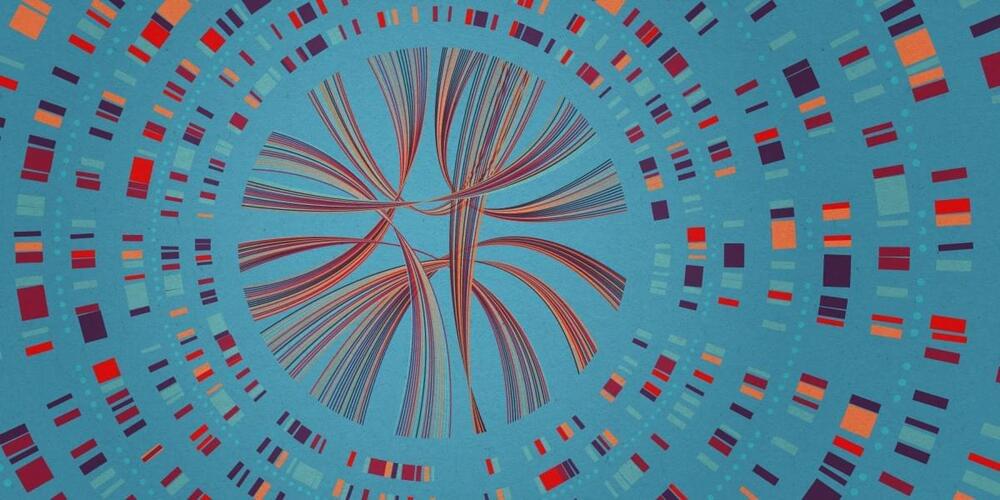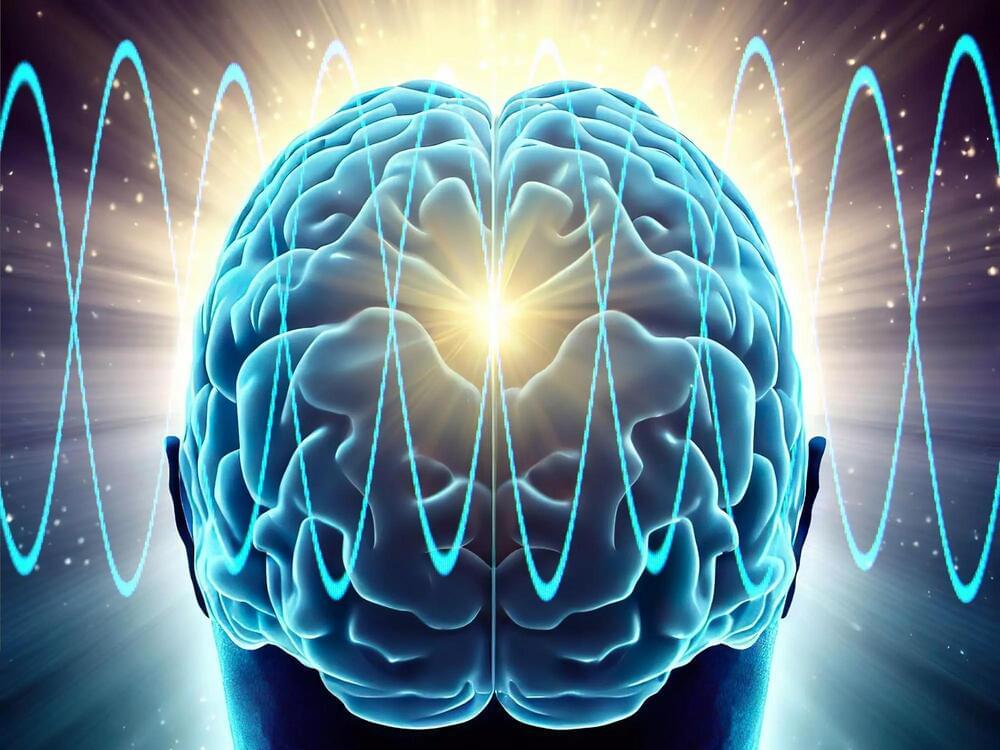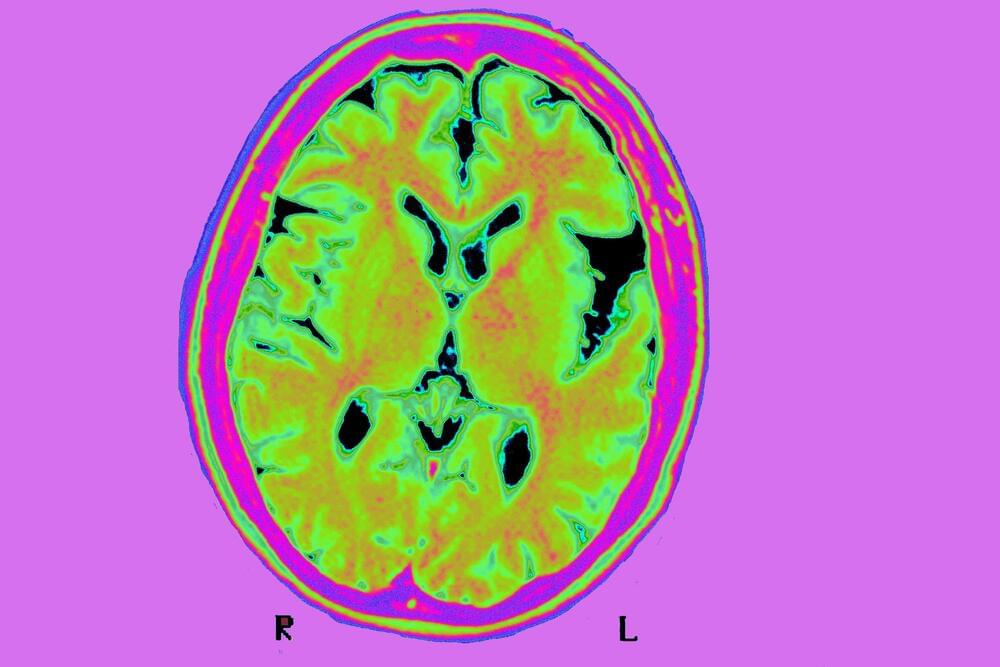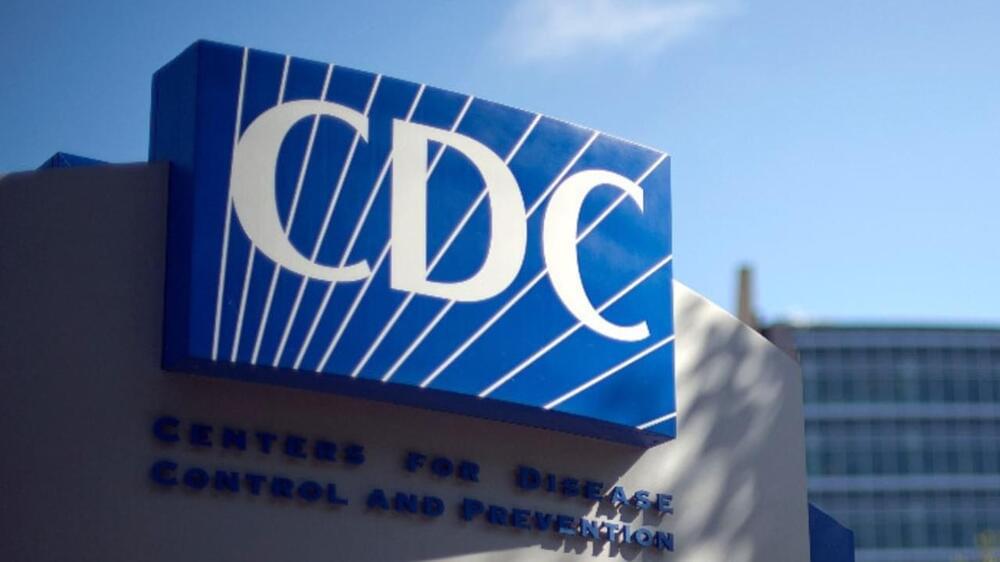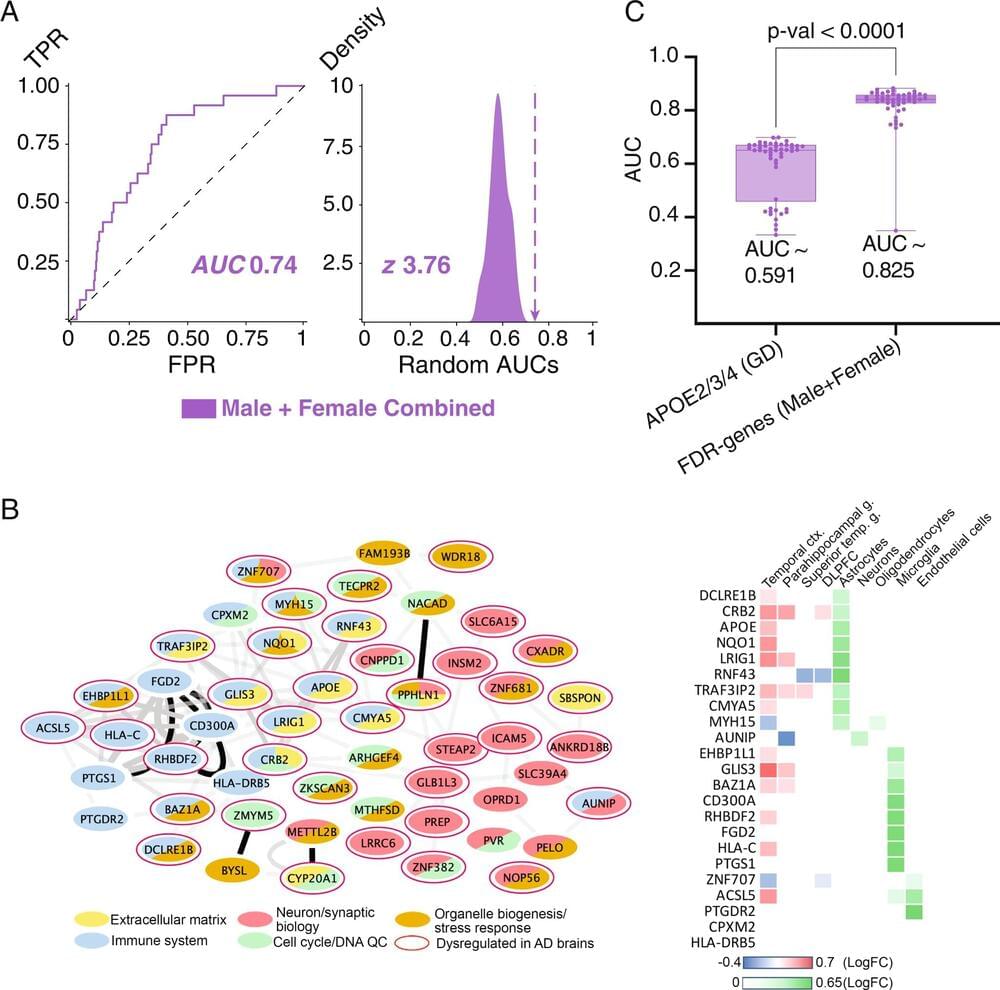May 21, 2023
Scientists Found a Drug That Relieves Daytime Sleepiness — And It’s Not Caffeine
Posted by Paul Battista in categories: biotech/medical, food
Many of us will be familiar with feelings of sluggishness and lethargy in the afternoon, but for those with obstructive sleep apnea (OSA), the problem is more severe.
Fortunately, researchers have now identified a drug that offers a good chance of helping. And no, it doesn’t come in espresso form.
Excessive daytime sleepiness (EDS) for people who have OSA can severely affect daily life. It means having overwhelming urges to sleep at inappropriate times – while driving or eating, for example – and often struggle to complete simple tasks.


